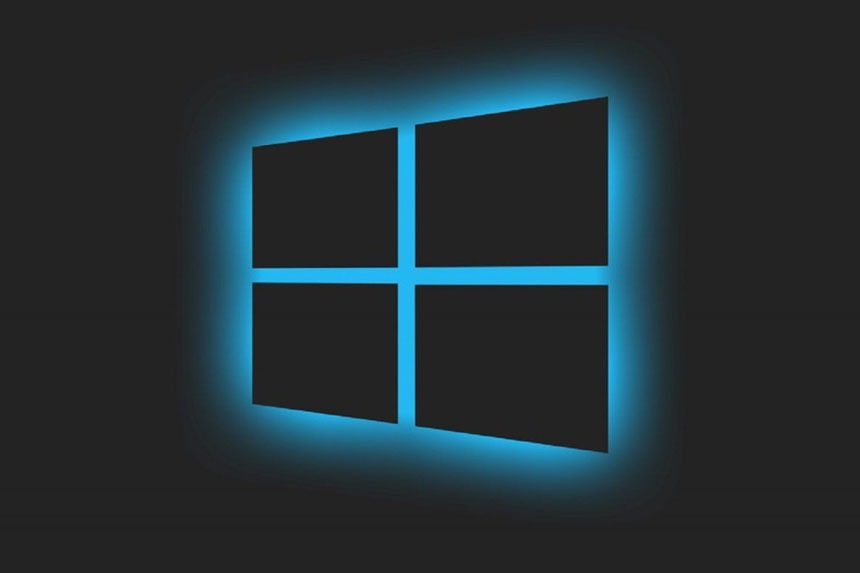The Domain Name System (DNS) is an essential part of the internet. It translates domain names into IP addresses that computers can understand. While all that is good, the real issue persists when there’s a DNS leak. A DNS leak can expose the user’s private and sensitive data, allowing malicious actors to track their online activities and eavesdrop on their DNS traffic, redirecting them to a malicious website.
In this guide, we’ll uncover what a DNS leak is, why it can pose a danger to users, and the best ways to quickly fix DNS leaks so they can be removed from your device immediately before causing significant damage. So, without further ado, let’s begin.
What Is A DNS Leak?
A DNS leak occurs when your DNS requests get routed through your ISP (Internet Service Provider’s) DNS servers instead of the secure servers offered by a VPN (Virtual Private Network). This happens because of misconfigurations with your VPN software or operating system. There are various reasons why DNS leaks are dangerous and should be dealt with immediately, and the reasons include:
1) Privacy Concerns
When your DNS requests get leaked to your ISP’s servers, they can see the websites you’re visiting, even when using a VPN to conceal your browsing activities. This compromises your privacy and confidential data and defeats the purpose of using a VPN to keep your online activities hidden and anonymous.
2) Monitoring and Tracking
Your ISP can monitor and track your online activities based on the DNS requests they’ve intercepted. This enables them to build profiles based on browsing habits and potentially sell your personal data to advertisers and other third parties without your consent.
3) Security Risks
DNS leaks can expose you to different security risks, including DNS spoofing or Man In The Middle Attacks, where malicious actors can intercept your DNS queries and redirect you to malicious websites alongside intercepting your communications.
4) Vulnerability To Cyberattacks
Cybercriminals can exploit DNS leaks to redirect, intercept, or manipulate your DNS requests. This can potentially lead to phishing attacks or malware infections. Your personal or financial information can also get exposed to unknown third parties or entities.
Why Does A DNS Leak Occur?
A DNS leak can occur due to a wide variety of reasons, including:
- VPN Configuration Issues: If the VPN software hasn’t been configured correctly to route all of the DNS queries through a secure VPN tunnel. This can happen due to software bugs or compatibility issues with your operating system.
- IPv6 Leakage: While your VPN provider may be able to handle the DNS IPv4 requests correctly, it might not fully support IPv6 or handle the IPv6 DNS requests. This causes leaks when your system uses IPv6 for DNS resolution.
- DNS Caching: Your operating system may cache DNS requests, which leads to DNS leaks if the cached responses are used instead of querying DNS servers that your VPN provider specifies.
How To Do A DNS Leak Test?
To perform a DNS leak test, all you have to do is go to dnsleaktest.com and check the results to see for yourself. Make sure that you’re able to recognize the IP numbers. If any of the results show your ‘real’ location or one that belongs to your ISP, it means that you have a DNS leak.
Quick Fixes For DNS Leaks
If you’re looking to fix a DNS leak and prevent this from happening again, here are the most effective ways that you can do this:
1) Use A VPN With Built-In DNS Leak Protection
It would be ideal for a VPN provider with built-in DNS leak protection. The reputable VPN provider should also offer users a DNS leak test to check. The VPN provider should provide additional security features like a Kill Switch feature, Split Tunneling, robust encryption protocols like OpenVPN and Wireguard, and a strict No-logs policy, which means that the VPN provider does not keep a record of their online activities when they’re using the VPN. Enabling built-in DNS leak protection in your VPN ensures that all your DNS queries are routed through your VPN tunnel.
2) Change DNS Servers
Although changing DNS servers doesn’t fix a DNS leak, it ensures that the ISP is not monitoring or tracking your online activities. Most VPN providers offer their own DNS server details, or you can also route your requests through public DNS servers like Google Public DNS and OpenDNS. You should configure your DNS settings to use the DNS servers that your VPN provider provides.
3) Use Anonymous Web Browsers
It would help if you used anonymous web browsers focused on keeping you anonymous and hidden online. One of these web browsers is the Tor browser, and they can help you prevent DNS leaks since they not only conceal the user’s identity when they’re online but also don’t require any DNS configuration on their operating system.
4) Update VPN Software
You should ensure you have the latest version of your VPN software. It should be frequently updated as these updates can include bug fixes and improvements related to DNS leak prevention.
How Windows Smart App Controls Help Against DNS Leaks?
Since DNS leaks can compromise your sensitive and confidential data, there are additional security measures you can take to help protect you against DNS leaks. One such measure is the Windows Smart App Control. It allows significant protection from new and emerging threats by blocking malicious or suspicious apps.
Smart App Control also helps block other unwanted apps that can cause your device to run slowly, display unexpected ads and pop-ups, offer additional software you don’t require, or do other things you don’t expect.
Smart App Control works alongside other security software and tools like Windows Security Defender and other non-Microsoft antivirus tools for additional protection.
When you start to run an app on Windows, the Windows Smart Control App will check and make a confident prediction about its safety. If it believes the app is safe, the Smart Control App will let it run on your Windows device. However, if it detects the app as malicious, the Smart App Control will block it.
If the security service can’t make a confident prediction about an application, then the Smart App Control checks to see if the app has a valid signature. If the app has a valid signature, the Smart App Control will allow it to run. If, on the other hand, it does not have a valid signature, or if the app is unsigned, then the Smart App Control will consider it as untrusted and block the app for your protection.
Conclusion
DNS leaks can cause a lot of damage, including compromising your sensitive data and credentials and encouraging Malware attacks and phishing scams. To avoid these security threats, performing a DNS leak test is crucial, and then taking the necessary steps to fix DNS leaks before any significant damage is done. The best course of action to take is to invest in a VPN provider that has built-in DNS leak protection, and there are lots of options in the market that you can choose from.











